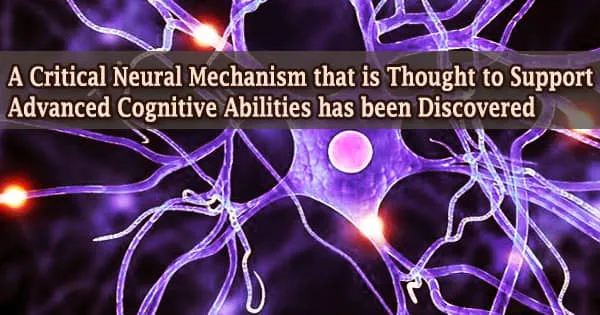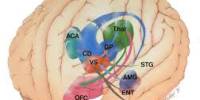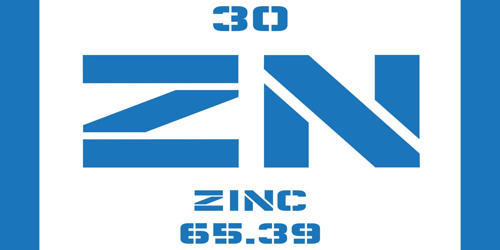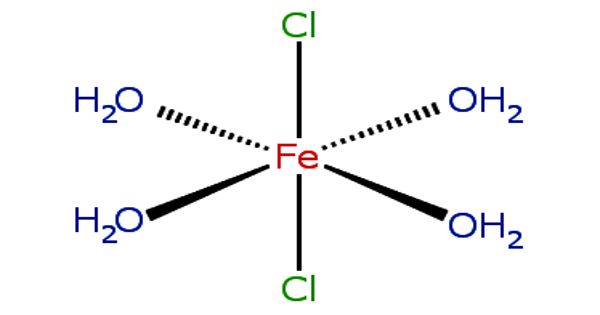A brain system uncovered by Mount Sinai researchers is thought to promote sophisticated cognitive functions such as planning and problem-solving. It accomplishes this by transferring information from single neurons to bigger populations of neurons in the prefrontal cortex, the part of the brain that temporarily stores and manipulates data.
The regulation of computational dynamics underlying the formation of meaning in cognitive processes is proven via a neural mechanism. The detection of links between things in related conceptual classes of the neural representation in the brain gives meaning to the brain. It is created by an associative process in which linked objects in related conceptual classes are activated in parallel from a stimulated item in one conceptual class.
It is commonly understood that humans can only keep a certain amount of information in their heads at any given moment, and that they use various cognitive methods to circumvent these limitations, such as organizing information into lists or groups.
When the brain employs these ways to organize information, neuronal codes in the prefrontal cortex become less reliant on single neurons’ highly selective responses, according to the researchers.
Instead, they are dispersed throughout a larger number of neurons, perhaps improving the information’s reliability and robustness. On December 20, the findings were published online in Neuron.
Neuromodulators in the brain, in turn, affect neuronal adaptivity. An activity-dependent release of neuromodulators can be used to regulate the dynamics autonomously.
“Our study gives the field an important new perspective on how the brain allocates its resources to improve cognitive performance,” says senior author Erin Rich, MD, PhD, Associate Professor of Neuroscience at the Icahn School of Medicine at Mount Sinai. “Findings from our study will help scientists to better understand, and in the future to potentially treat, disorders of memory and cognition.”
Feng-Kuei Chiang, PhD, a postdoctoral fellow in Dr. Rich’s lab who has previously examined prefrontal brain functioning in sequencing tasks, conducted the work.
Our study gives the field an important new perspective on how the brain allocates its resources to improve cognitive performance. Findings from our study will help scientists to better understand, and in the future to potentially treat, disorders of memory and cognition.
Erin Rich
Studies of brain coding, which converts electrical impulses from neurons into memories, knowledge, judgments, and actions, have traditionally concentrated on single-neuron responses.
By developing a test to probe changes in the prefrontal cortex that result in increased cognitive function, the Mount Sinai team revealed the flaws of such an approach. The exercise required the participants to organise material into a sequence using a mnemonic (or memory assist) method.
“We found that subjects spontaneously generated different selection patterns, including routine sequences, to decrease the working memory demands of the task,” said Dr. Chiang.
When respondents utilized the sequencing technique to organize information kept in the mind, researchers were astonished to find that interpretable responses of single neurons were a poor predictor of memory function.
Although the method reduced error rates in the challenge, single-neuron activity appeared to convey less information. They were able to reconcile these results by demonstrating that the information was not destroyed, but rather spread out throughout a wider population of neurons.
The task-relevant information could be recovered as well as or better than when the codes were dominated by a smaller number of highly tuned neurons, and the distributed codes appeared to be more dependable, as behavioral performance improved.
“This is a brand-new discovery in the nature of prefrontal codes, and it could point to a key neural mechanism that supports advanced cognitive abilities like planning, strategizing, and problem-solving that depend on real-time organization of information,” explains Dr. Rich.
“By shifting the focus from selective responses of single neurons, we’ve shown that the collective activity of neural populations needs to be considered when developing new strategies to improve cognitive performance or treat cognitive disorders.”
















